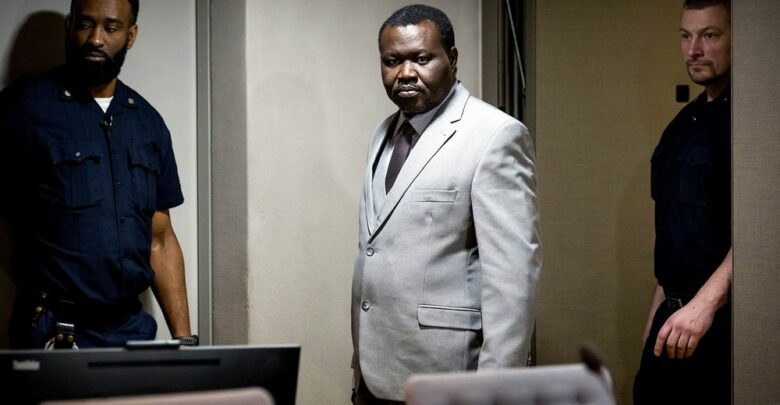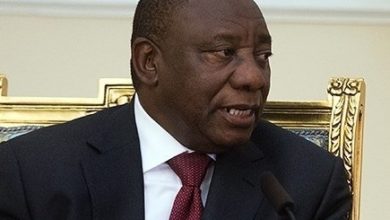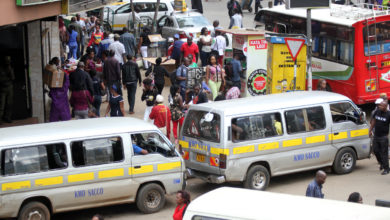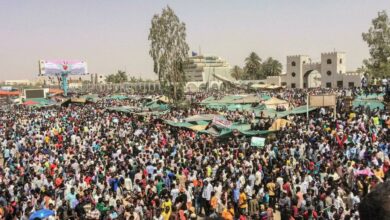Central AfricaCentral African RepublicWorld
ICC Confirms Central African Republic’s Alleged Militia Leaders To Face War Crimes Trial

The International Criminal Court on Wednesday confirmed the charges brought by prosecutors against two men suspected of war crimes and crimes against humanity in the Central African Republic, reported Reuters.
The court released a statement in which it said that Alfred Yekatom and Patrice-Edouard Ngaissona, who are accused of persecuting Muslims in CAR between September 2013 and December 2014, will now face trial.
“The Chamber concluded that there are substantial grounds to believe that Alfred Yekatom and Patrice-Edouard Ngaïssona are responsible for… crimes against humanity and war crimes allegedly committed in various locations,” the statement from the Hague-based court read.
The prosecutors said Ngaissona was one of the most senior leaders of Christian-dominated militias that carried out widespread attacks on the country’s Muslim population, while Yekatom was a commander in the same forces during fighting in 2013-2014. The two have not entered pleas. They are currently in custody at the court’s detention center.
The judges said there were “substantial grounds” to accuse the two of crimes including murder, rape, intentionally directing an attack against a building dedicated to religion, forcible transfer of population and displacement of the civilian population, pillaging, cruel treatment, torture, and persecution.
The court didn’t confirm the remaining charges that were not supported by the evidence presented by the prosecutor.
During the September hearing, the prosecutors said the crimes followed atrocities by Muslim forces known as the Seleka as they seized power in the Central African Republic in 2013, forcing President Francois Bozize to flee into exile. The violent clashes left thousands dead and displaced hundreds of thousands more. Mosques, shops, and homes were looted and destroyed.
No trial date has yet been set. The defense lawyers for the two accused can seek authorization from the court to appeal against the decision sending them for trial.






